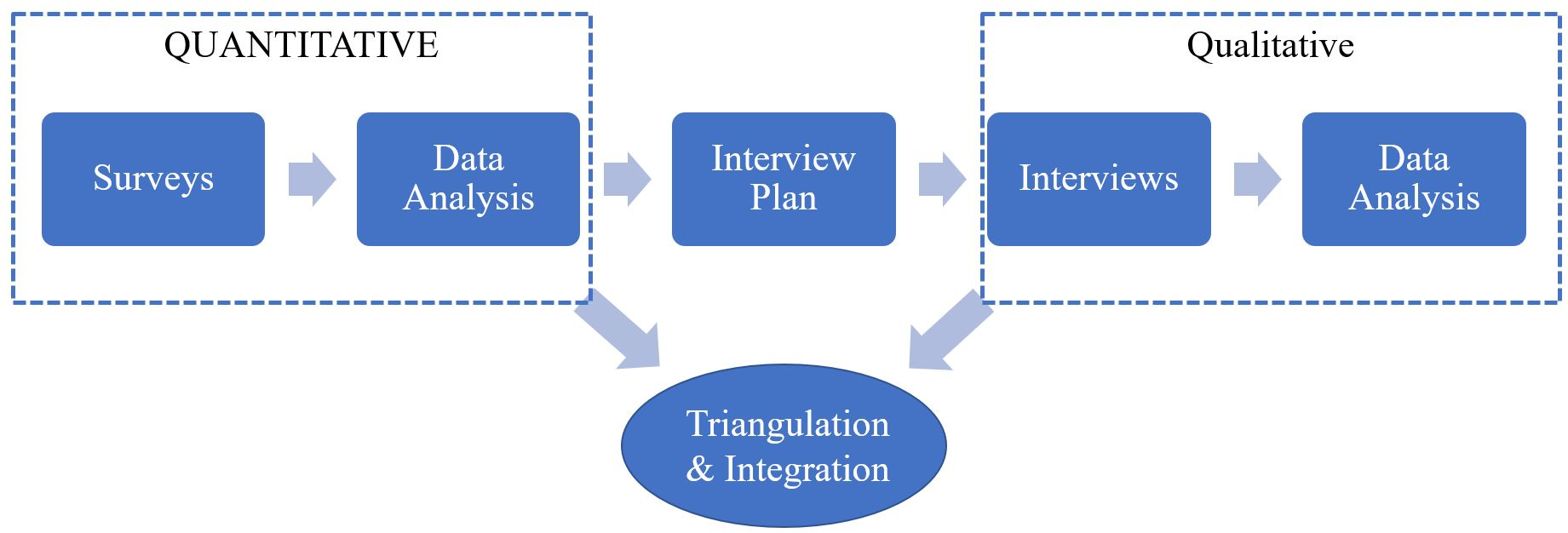Quantitative Data Analysis
CHASR offers a wide range of quantitative analysis services performed using various software packages (SPSS, STATA, R, Python, UCINET, Gephi, Pajek, ArcGIS), including:

Exploratory Data Analysis:
- Visual exploratory data analysis to identify patterns and relationships.
- Descriptive and summary statistics to summarize data.
Inferential Statistics:
- Associations and correlation analyses to identify relationships between variables.
- Differences between groups using a variety of techniques.
- Grouping and segmentation studies using cluster analyses to identify market segments.
- Regression analyses using various techniques to predict outcomes and identify key drivers.
Network Analysis:
- Social network data analysis techniques, including summary statistics at network, sub-group, and individual level.
- Ego networks analysis for one-step and two-step networks.
- Exponential random graph modelling.
- Bibliometric analysis, co-citation, co-authorship, and co-affiliation analyses.
Spatial Analysis:
- Spatial analysis techniques, including overlay, proximity, and spatial network analysis.
- Spatial statistics including spatial clustering techniques and geospatial prediction modeling.
Additional Services:
- Consensus analysis
- Multi-criteria analysis
- Cost-benefit analysis
- Scenario analysis
CHASR staff possess a range of skills and experience in quantitative research methods and statistics. Our in-house resources allow us to support a broad spectrum of quantitative data curation, coding, and cleaning tasks. We have the expertise and capacity to support a variety of statistical tests and analyses, ranging from descriptive and inferential statistics to segmentation, clustering, and modeling. Our quantitative data analysis services are buttressed by the most recent tools, techniques, and technologies, and we custom develop a unique analysis plan for each project. We have the ability to support quantitative analysis across a variety of software packages, such as R, Python, Tableau, SPSS, STATA, ArcGIS, and others.
Qualitative Data Analysis
CHASR offers the following qualitative data analysis services:

Core Types of Analyses:
- Thematic analysis
- Content analysis
- Survey data analysis (of open-ended questions)
- Interpretive description
- Narrative inquiry and structural narrative analysis
Analytical Strategies (data permitting, any of the following may be selected to guide analysis):
- Coding by question
- Negative case analysis (actively looking for outliers)
- Decolonizing methodologies and analysis
Extra Analyses: (can be added to any of the core analyses for an additional fee based on the amount of data and extent of additional queries requested):
- Creating visualizations and investigating for patterns in data through NVivo 12 Pro for Windows
- Attribute coding: Sub-group analyses as data warrants (investigating sub-group differences or lack thereof in qualitative/open-ended responses based on attribute data, for example, age or gender identity)
- Peer debrief/coding checks (having an analyst at CHASR check the codebook for efficacy across coders)
- Team coding (having one or more analysts at CHASR code data alongside the researcher or client to establish inter-coder reliability)
With an ability to look vertically (focus case by case) and horizontally across datasets (building themes applicable/common to multiple cases), we aim to extract and harness the richest insights possible out of each dataset. We reflect findings in an eloquent, clear, and compelling manner via experienced report writers that are familiar with writing for academic and non-academic audiences, and we are familiar with analyzing data with and without the use of qualitative data analysis software. Ethically minded, data will be kept safe throughout the process, and regular check-ins and meetings between CHASR and the researchers or clients are welcomed. We understand how important, time-consuming and complex this part of the research life cycle is, and we will do everything within our capabilities to ensure your needs are met.
Mixed Methods Analysis
CHASR offers the following mixed methods analysis services:
 Analyzing both sets of data (quantitative and qualitative) separately and then merging to seek complementarity, triangulation, or expansion
Analyzing both sets of data (quantitative and qualitative) separately and then merging to seek complementarity, triangulation, or expansion- Exploratory approaches in which qualitative data is used to develop further quantitative inquiry
- Explanatory approaches in which qualitative data is used to explain quantitative results
- Integrating results through various intermediate analytical approaches, such as quantifying qualitative data, qualitizing quantitative data, and joint displays
- Quantitative analysis services in mixed methods: ANOVA, regression, factor analyses, and more
- Qualitative analysis services in mixed methods: within-case and cross-cases analyses, process coding (Grounded Theory), thematic coding, values coding, and more
- Fully integrated analysis services in mixed methods: Predictive modeling of observational (video) behavioural data and content analysis
Specialists at CHASR can combine and integrate your mixed methods research results with an ability to extract rich insights from qualitative datasets and clear interactions and associations with quantitative datasets. Mixed methods analysis projects have included program evaluation data, document data and meta-analyses, community-based observation data, patient-oriented studies, open-ended survey data integration, feasibility and usability studies, integrated Delphi, and other various exploratory and explanatory design data.
Reporting
Findings can be summarized in thorough reports written by experienced CHASR report writers, and customized for audience, including lay descriptions, technical reports, policy-focused reports, and polished public-facing reports. We also provide technical notes as web reports that can be set to automatically update as the underlying datasets change.